Scores




One of the biggest worries people have when traveling internationally is getting upset stomach or travelers' diarrhea from the unclean food or water.
Travelers' diarrhea, also known as Montezuma's revenge or Delhi belly, is the most common illness affecting travelers. According to the U.S. Centers for Disease Control and Prevention (CDC), about 10 million global travelers fall ill due to this condition every year.
This happens mostly because a lot of travelers pay little attention to safety advice regarding consumption of food and drink when traveling, which makes them susceptible to fecal orally transmitted diseases.
In order to raise awareness among travelers, the CDC launched a mobile app for Android and iOS devices called Can I Eat This? to help all people who travel abroad avoid diarrhea and similar stomach ailments when overseas.
This is not the first travel app made by CDC. We recently reviewed TravWell app that provides travelers worldwide with authoritative travel and health recommendations in order to help them prepare for their trip and make it healthy and safe.
Can I Eat This? is another CDC app we review this week. It lets travelers select the country they are visiting or they're in, and then it asks few simple questions about what type of food or drink they plan to consume. Based on the answers, the app will tell whether the food or drink is likely to be safe.
Can I Eat This? app doesn't require registration. Basically, as soon as you download it, you can use it.
The app opens to the list of countries with their National flag used for identification. The information is provided for 254 world destinations, from Afghanistan to Zimbabwe.
The first objection I have is that there's no Search function, which would enable users to quickly find the country they want. Basically, you need to scroll down the list to find the information for a particular country, which isn't a big deal the first time you use the app, but if you use the app frequently, it could become tiresome.
In order to see what foods and drinks are safe to consume, tap on the country you're visiting or planning to visit. The app will then ask are you planning to eat or drink, and guide you through a series of short questions.
For example, if you plan to visit a developing country and eat there, the app would advise strongly against eating street food because street vendors are not well regulated in developing countries and the food may have been prepared under unsanitary conditions or contaminated.
Same goes for the drinks. The app would ask if there's an ice in it, and if your answer is yes, the app would suggest that you probably shouldn't drink it, because the ice is usually made with tap water, which may be unsafe in developing countries. You'd get same advice if you're planning to drink tap water. The app recommends eating packed goods or drinking bottled water or canned beverages in developing countries.
Similarly, Can I Eat This? app provides recommendations for industrialized (developed) countries, but in this case, the app will rarely advise you against eating or drinking anything, because foods and drinks are generally safe in industrialized countries. Or are they?
I've noticed a bias toward developing countries, or countries listed as such. For example, I visited a couple of countries that this app lists as 'developing countries', and the tap water was perfectly safe to drink, while in some industrialized countries, my hosts advised me to only drink bottled water.
Also, industrialized countries don't have recommendations regarding eating street foods. I understand they're regulated better, but there still should be some fair warning, at least as "Eat at Your Own Risk", as the app suggests elsewhere.
I don't want to judge or advise against these recommendations, which are based on the agency's public health and epidemiology data collected with the help of other agencies such as the World Health Organization (WHO), but it would be great if the app provides more details about each country, such as adding popular foods or drinks, instead of piece of advice that is too general and similar to each other.
The app also provides the common sense recommendations regarding food and drink safety, such as washing the fruits or vegetables before eating, avoiding eating raw or undercooked food or food sitting out in a buffet, avoiding drinking unpasteurized milk, and so on.
Once you've finished, you can start over, for example, if you got answers for food, and you also want to check what is safe to drink. The app doesn't have a Home button that returns you instantly to the list of countries. You need to either complete the current questionnaire and then tap on Start Over button or hit back button couple of times to return to the home page.
This isn't the most convenient solution, and it would be better if there's a Home button.
CDC's Can I Eat This? app provides a ton of useful information, which should be taken with the grain of salt. It also requires some overhaul, particularly fixing the redundant navigation and 'refreshing' the recommendations with some unique and specific facts for each country.
However, even in its current form, Can I Eat This? app is a useful tool for people who want to stay healthy and safe and avoid stomach ailments during their travel.
Benefit: The app is suitable for all travelers who want to make better decisions in regards to consuming safe food and drinks to avoid gastrointestinal problems
Verdict:
For- The information is provided for 254 world destinations, from Afghanistan to Zimbabwe
- Easy-to-use questionnaire with upbeat tone
- Clear answers with corresponding warning signs
- Backed by accurate, evidence-based global health information
- No internet connection required
- No Search function
- Navigation is inconvenient due to lack of Home button
- A slight bias toward developing countries; more specific country recommendations would help


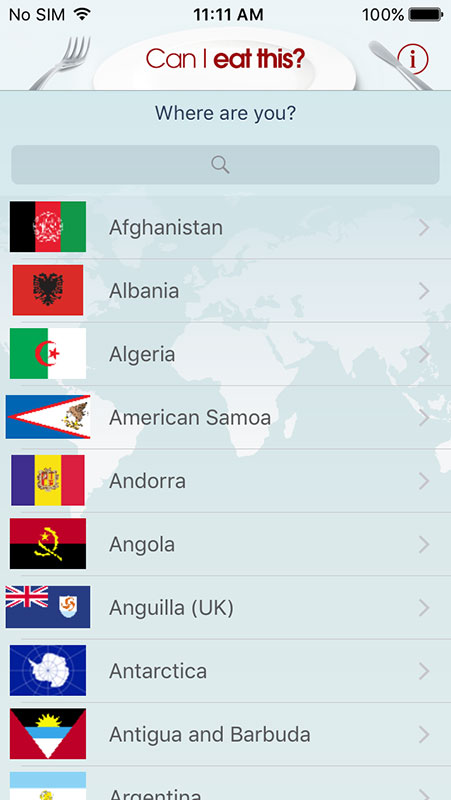
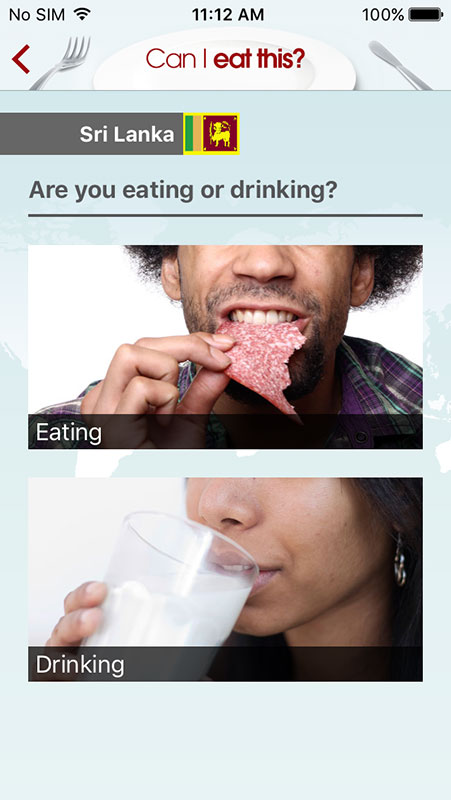
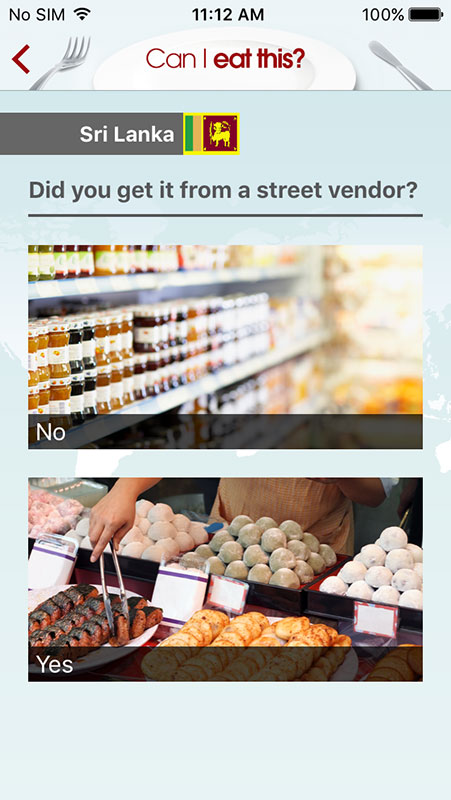
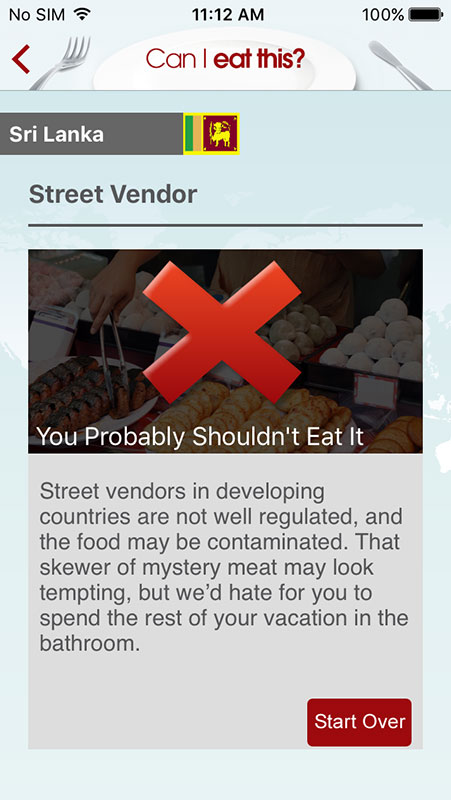
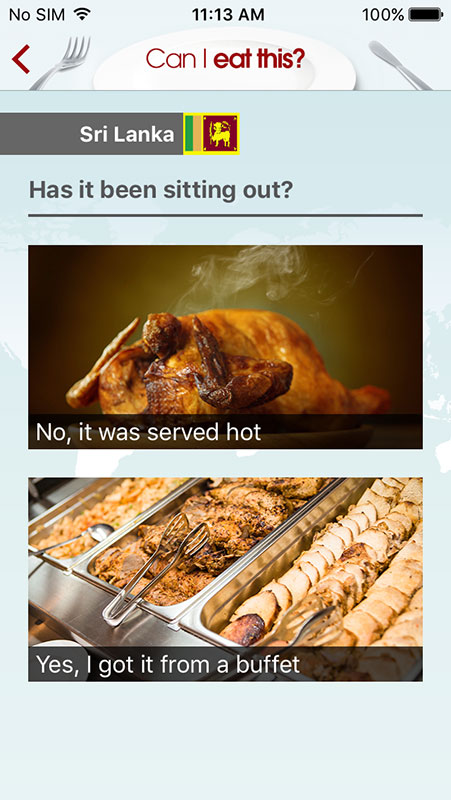
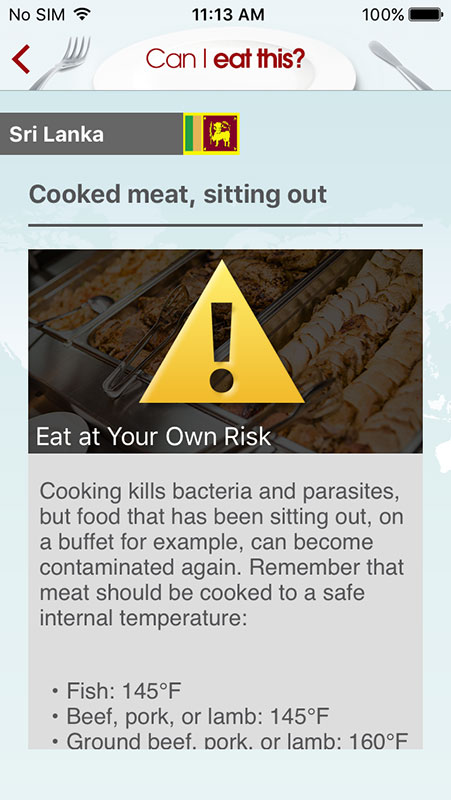
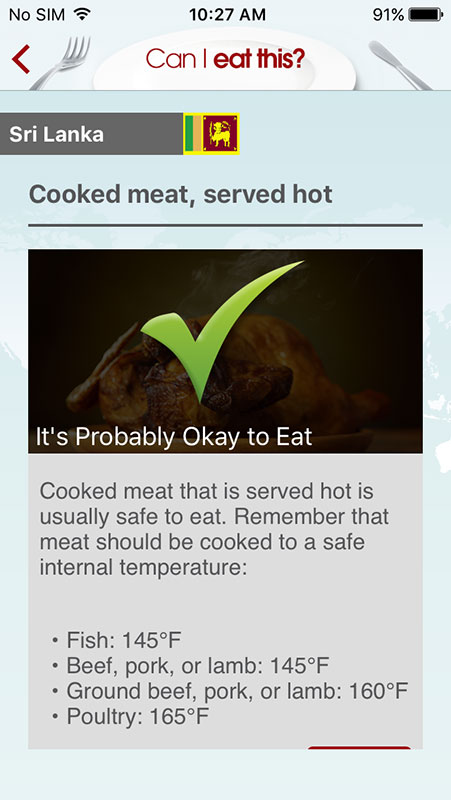
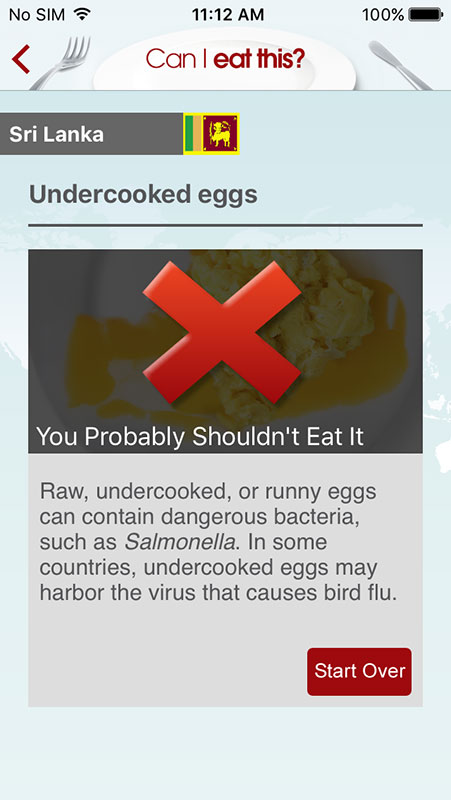
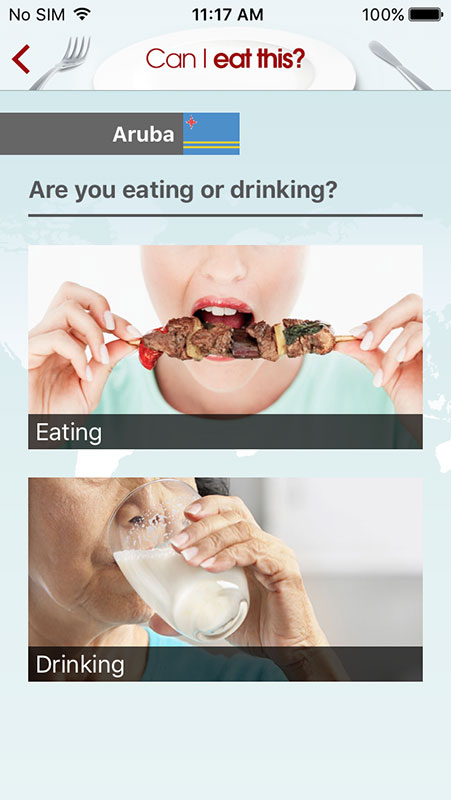
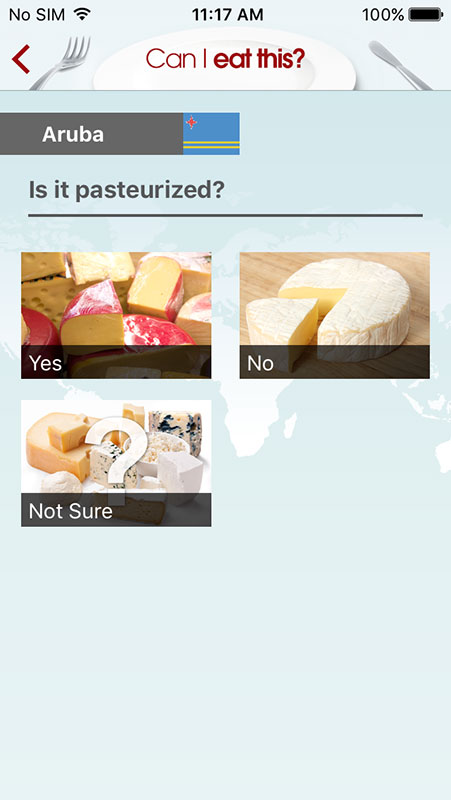
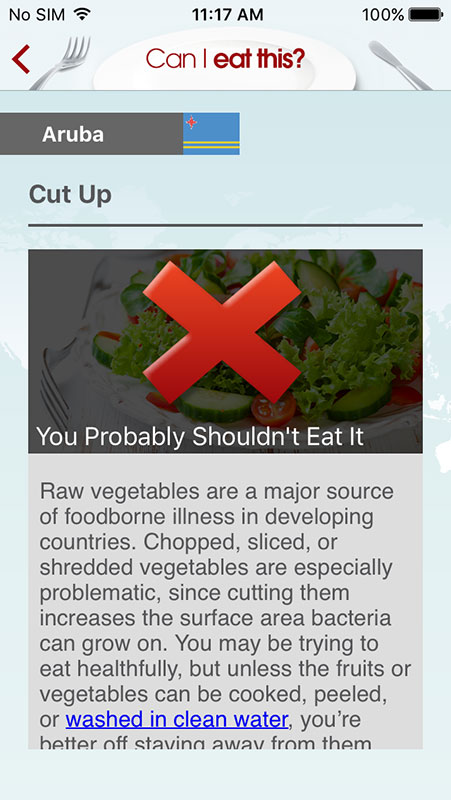
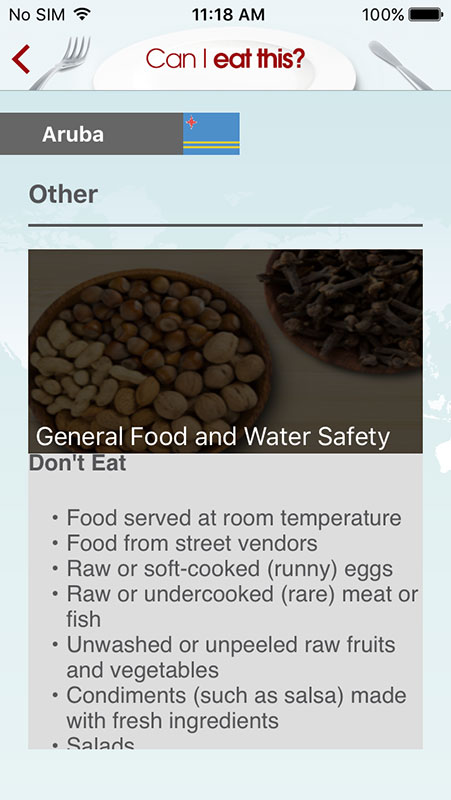


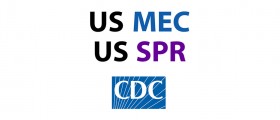
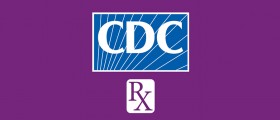
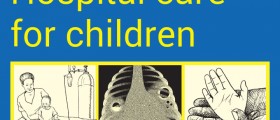


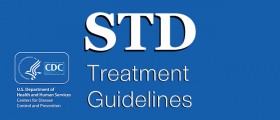


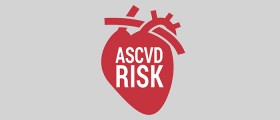




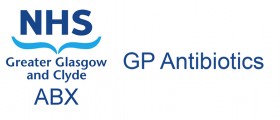
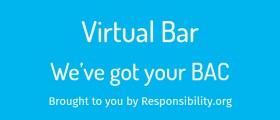








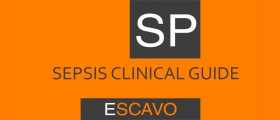


Your thoughts on this
Loading...